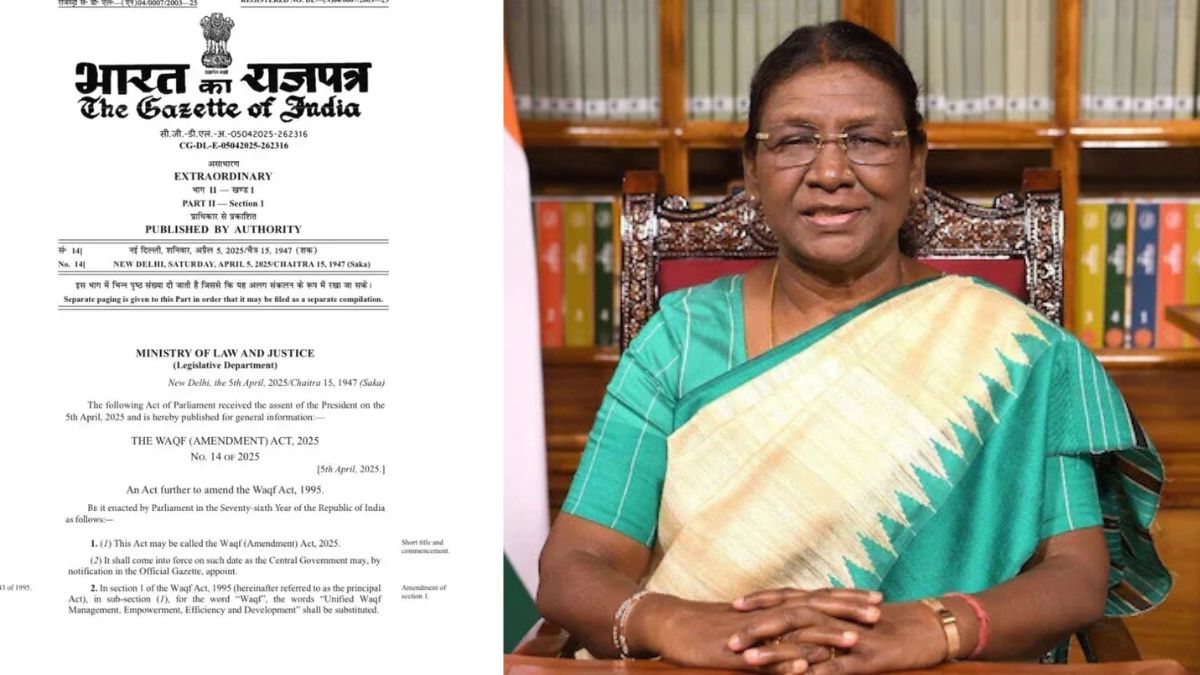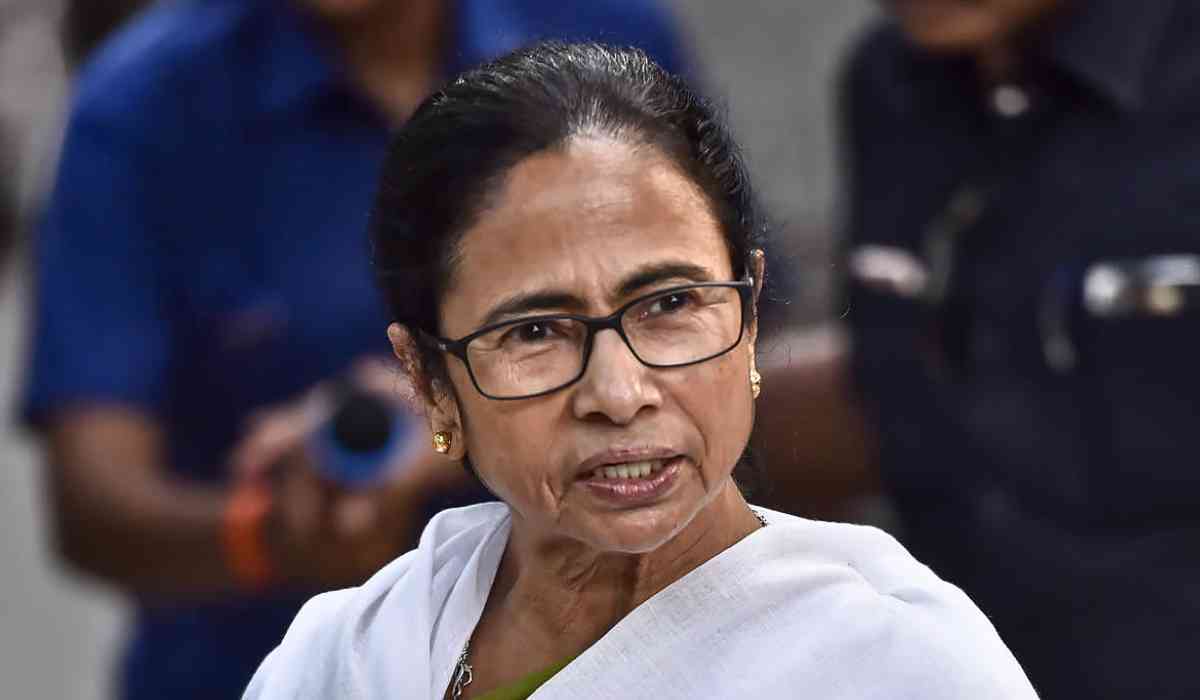In a significant move, West Bengal Chief Minister Mamata Banerjee has announced that the Waqf (Amendment) Act will not be implemented in her state. This decision comes after the Act received President Droupadi Murmu's assent, following its passage in both Houses of Parliament. The Waqf Act is a law that deals with the management and administration of Waqf properties, which are assets dedicated for charitable or religious purposes in the Muslim community.

What is the Waqf Act?
The Waqf Act is designed to oversee and regulate Waqf properties across India. These properties include mosques, madrasas, and other charitable institutions. The Act aims to ensure that these properties are used for their intended purposes and are not misused or encroached upon. However, the recent amendments to the Act have sparked controversy, with many arguing that they could lead to greater central control over these properties, potentially undermining the autonomy of local Waqf boards.
Mamata Banerjee's Stance
Mamata Banerjee, addressing a gathering of the Jain community in Kolkata, emphasized her commitment to protecting the rights of minority communities in West Bengal. She expressed her opposition to the Waqf Act, stating that it could be used to divide people and undermine social harmony. Banerjee also pointed to the situation in neighboring Bangladesh, suggesting that the timing of the Act's passage was inappropriate.
Banerjee's decision not to implement the Act in West Bengal reflects her government's stance on federalism and the rights of states to manage their own affairs. She has argued that the Centre did not consult state governments before passing the bill, which she sees as a violation of the federal structure of India.

Impact on Minority Communities
The Waqf Act has been met with widespread criticism from Muslim leaders and organizations, who fear it could erode their rights and autonomy over Waqf properties. Many have filed petitions in the Supreme Court challenging the Act, arguing that it infringes upon the rights of Muslims and undermines the secular fabric of India.
Mamata Banerjee's assurance to protect minority communities and their properties is seen as a move to reassure them that their interests will be safeguarded in West Bengal. Her appeal to the community to remain united and not fall prey to political provocations reflects her efforts to maintain peace and stability in the state.
Legal Challenges Ahead
The Supreme Court is set to hear petitions against the Waqf Act on April 15. The Centre has filed a caveat seeking to be heard before any orders are passed on these petitions. This legal battle will be closely watched, as it involves fundamental questions about the balance of power between the Centre and states, as well as the rights of religious minorities.

Perspective and Implications
Mamata Banerjee's decision highlights the ongoing debate about federalism and the role of states in managing their internal affairs. It also underscores the political tensions between state governments and the Centre, particularly on issues that affect religious minorities.
The Waqf Act controversy is part of a broader narrative about religious rights and freedoms in India. Critics argue that such laws can be used to polarize communities and undermine the secular principles enshrined in the Indian Constitution. On the other hand, proponents see these measures as necessary for ensuring transparency and accountability in the management of religious properties.
Conclusion
The decision by Mamata Banerjee not to implement the Waqf Act in West Bengal reflects a complex interplay of political, legal, and social factors. As the legal challenges to the Act unfold, it will be crucial to monitor how this situation evolves, both in terms of its impact on minority communities and its implications for federal relations in India.
Ultimately, the outcome of this controversy will depend on how effectively the government balances the need for oversight with the imperative to protect religious freedoms and community autonomy. As India navigates these challenges, it will be essential to ensure that any solutions prioritize harmony, inclusivity, and respect for the diverse religious traditions that enrich the country's cultural landscape.
With inputs from agencies
Image Source: Multiple agencies
© Copyright 2025. All Rights Reserved Powered by Vygr Media.

















